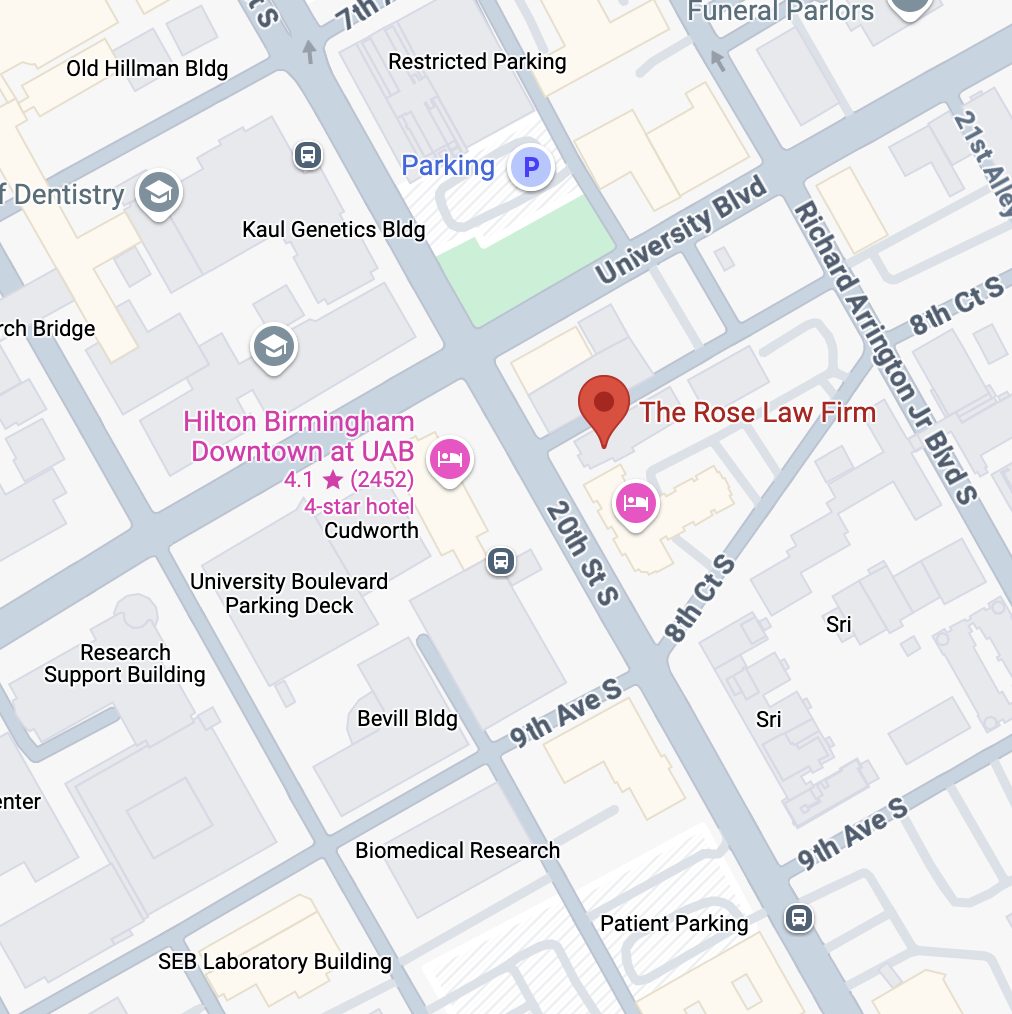Other than your marital home, your retirement account or pension is probably the biggest single asset you’ve accrued over the course of your working life and your marriage. You’ve probably spent years investing and saving for your potential retirement. When you divorce, it’s only normal to want to know what you’ll have to work with to rebuild.
Unless you have a valid prenuptial agreement, chances are good that the courts will decide how to handle the division of your assets. Since every couple has unique assets and circumstances, every divorce has a unique outcome. However, understanding the laws about equitable distribution in Alabama can help you understand what will probably happen with your retirement account or pension.
The courts won’t care whose name is on the account
One common misconception among people approaching divorce is that retirement accounts held in one spouse’s name are separate property. Some retirement funds could be separate property. Deposits and investments made before marriage, for example, could remain separate property.
Amounts deposited in a retirement account during your marriage or the accrual of value in your pension over that time, however, are most likely marital property. Because they are the product of income during your marriage, both you and your spouse have a claim to their value, regardless of who worked more or whose employer will distribute the pension.
You can avoid penalties and fees with a QDRO
Another big concern among those divorcing and splitting retirement assets is worrying about potential penalties and fees for early withdrawal when splitting the account. This may be the silver lining to the frustrating cloud of splitting your retirement account.
A qualified domestic relations order (QDRO) allows a plan manager to split an account like a Roth IRA or 401(k) without incurring any penalties to the account holder. A certain amount gets split off of the old account and deposited into a new account, in the name of the other spouse. Be sure that you secure the correct court paperwork to avoid incurring any of the financial penalties associated with tax-deferred retirement savings.
Splitting pensions can happen in several ways
If you or your spouse have a pension plan through an employer, those benefits may also get split by the courts. How they do so will depend on many factors, including both orders for child and spousal support. In some cases, the courts may simply allocate assets that are equivalent in value to half of the pension to the other spouse.
Sometimes, however, they may mandate splitting the actual pension benefits when time comes for them to pay out. This can provide a dependent spouse with a source of income in retirement and may be part of a spousal support payment.












